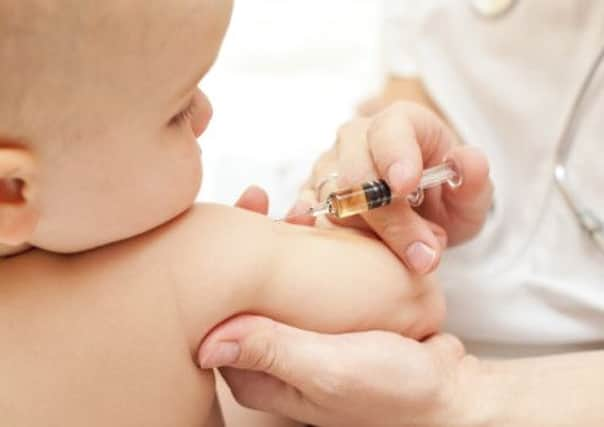‘Children born prematurely should get flu jab’


Despite not being identified as an at-risk group in the UK, US, or in World Health Organisation (WHO) guidelines, experts are warning the children should be placed in a priority group to receive the seasonal flu jab.
Until now, guidelines highlighting groups at greater risk of developing complications from influenza, such as pneumonia, have been based on “consensus opinion”, as opposed to an actual systematic assessment of the evidence, said Dr Kay Wang, from Oxford University.
Advertisement
Hide AdAdvertisement
Hide AdDr Wang and colleagues did a systematic review and analysis of published and unpublished data to identify which groups of children with influenza, or influenza-like illness, were at increased risk of complications.
CONNECT WITH THE SCOTSMAN
• Subscribe to our daily newsletter (requires registration) and get the latest news, sport and business headlines delivered to your inbox every morning
The results of the research have been published in the Lancet Respiratory Medicine journal.
Premature birth was identified as a new, strong risk factor with approximately twice the risk of having to go to hospital.
Dr Wang said: “Considering that around 10 per cent (12.9 million) of the world’s babies are born prematurely, it’s a significant public health issue and has major implications for policy-makers.”
Consistent with guidelines from the Department of Health, the US advisory committee on immunisation practices and WHO guidelines, the findings confirmed children with neurological disorders, immuno- suppression and diabetes were at greater risk of influenza-related complications.
Children with sickle cell disease and those under two were also found to be at greater risk but are not currently deemed “at risk” in UK guidelines.
Dr Harish Nair, from the University of Edinburgh’s Centre for Population Health Sciences, said: “Several options exist to better prevent severe outcomes in young children. Examples include the introduction, or increasing the uptake of, influenza vaccination globally, immunisation of mothers against influenza to protect very young infants and exploration of other vaccine types.”
SCOTSMAN TABLET AND IPHONE APPS